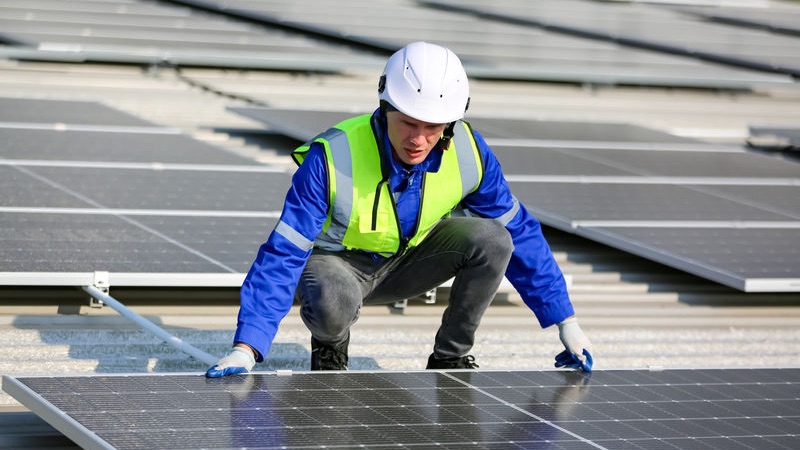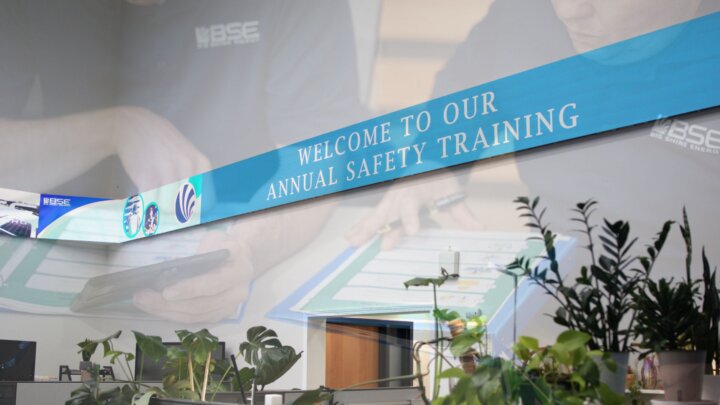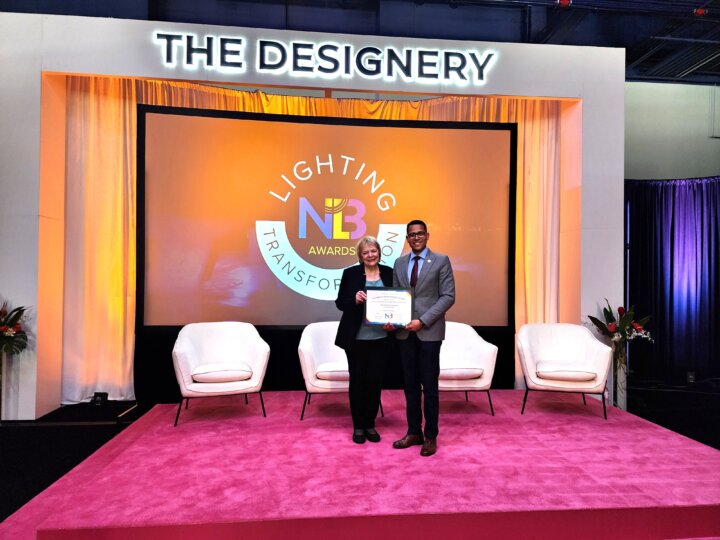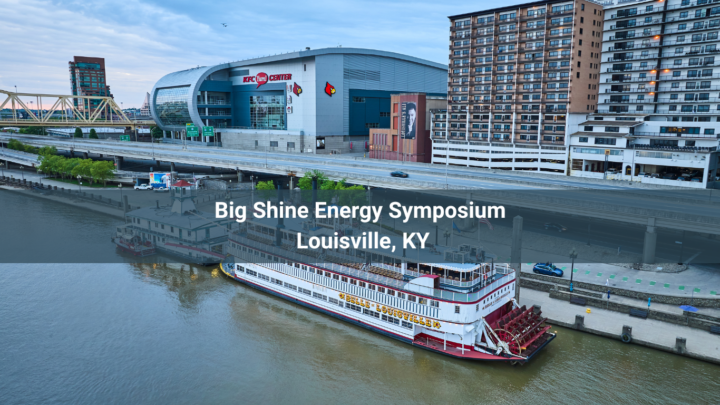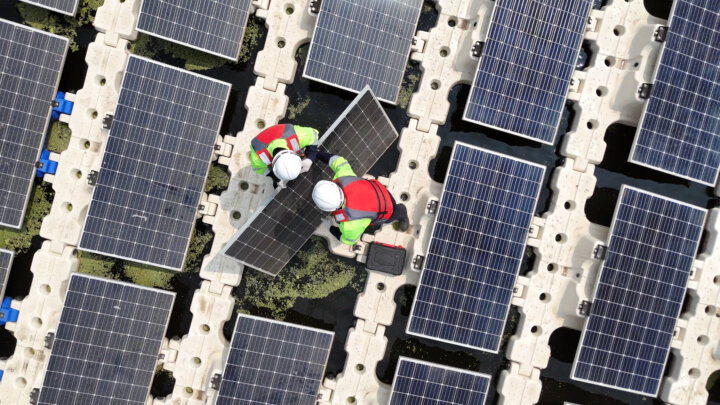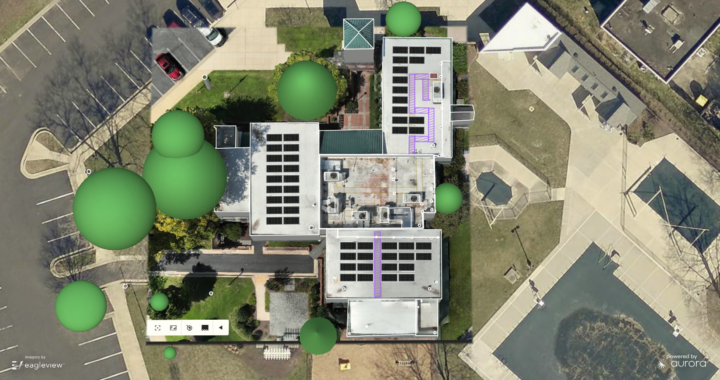Rooftop PV systems are becoming increasingly popular among the commercial and industrial markets as they generate renewable energy and reduce dependence on traditional power sources. However, if these systems are not installed and maintained properly, they can pose many risks. That’s why the National Electric Code (NEC) mandates the use of rapid shutdown devices for rooftop PV systems.
Rapid shutdown devices are safety mechanisms that allow rooftop PV systems to be shut down quickly in the event of an emergency. As seen in article 690.12 of the 2020 NEC, the rapid shut down devices are to ensure the safety of workers, first responders, and the general public. These devices are typically installed per module, and they work by interrupting the flow of electricity in the event of a fire, power outage, or other emergency.
There are several reasons why rooftop PV systems require rapid shutdown devices. Here are three!
First, in the event of a fire or other emergency, first responders need to be able to quickly and easily shut down the power generated by the PV system. Rapid shutdown devices provide a way to shut off the power to the system quickly and effectively, reducing the risk of electric shock or other hazards to first responders.
Second, the NEC requires rapid shutdown devices to protect workers and installers who may be working on the PV system. These devices are designed to shut down the system when it detects an abnormality, such as a ground fault or other electrical hazard. This protects workers from electric shock and other potential hazards while they are working on the system.
Third, reduced liability: Installing rapid shutdown devices can help reduce liability for property owners and installers. By taking steps to enhance safety and comply with local codes and regulations, property owners and installers can reduce the risk of legal or financial liability in the event of an accident or injury.
If you are purchasing a rooftop PV system, be sure to work with a licensed electrician who is familiar with the NEC requirements for rapid shutdown devices and all other PV related codes.
Contact us today to schedule a PV walkthrough and determine if a rooftop system is right for you.
